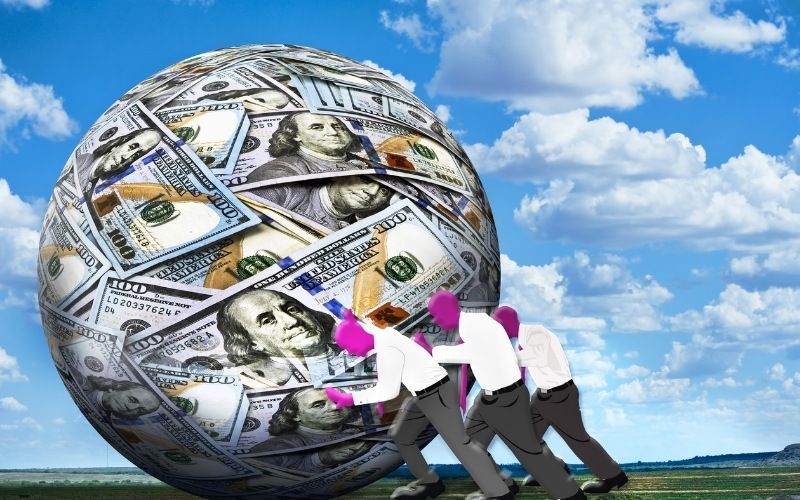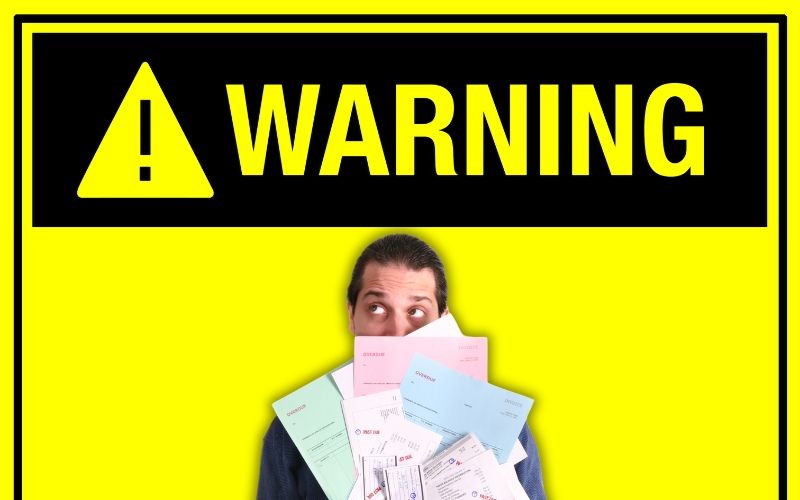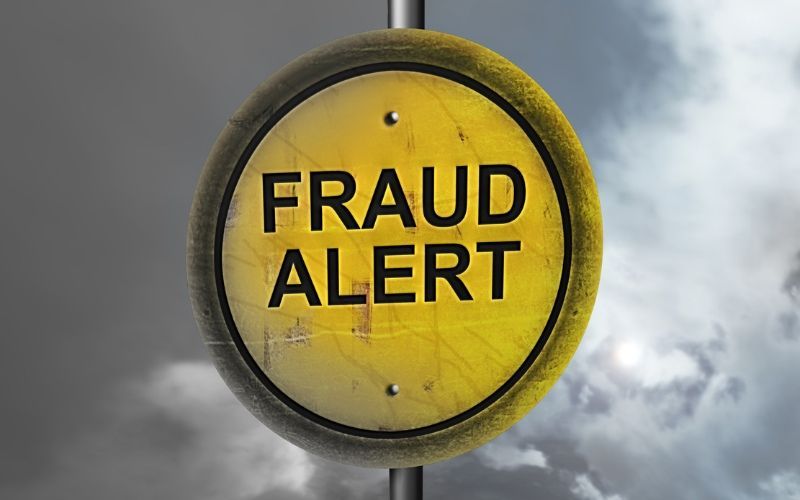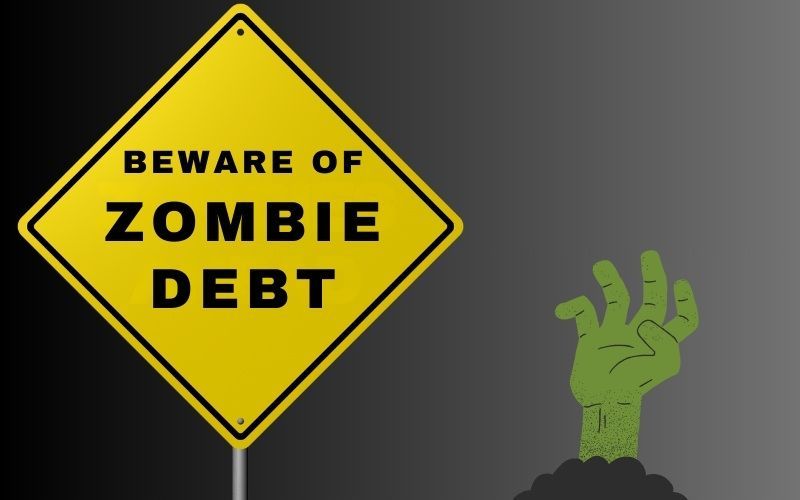Credit Card Debt Consolidation Loans
Last Updated: March 27, 2024
Everything You Need to Know: Getting a Debt Consolidation Loan

Disclaimer: We are not qualified legal or tax professionals and are not giving advice. Always speak with a qualified professional before making any legal or financial decisions.
In a world where financial stability often feels like an elusive goal, understanding your options for managing credit card debt is more crucial than ever. With numerous pathways to consolidate debt and simplify your financial landscape, it’s vital to arm yourself with knowledge before making any decisions.
This guide aims to simplify debt consolidation loans, offering you a lifeline towards achieving financial clarity and control.
Embrace the journey to financial freedom by exploring the essentials of debt consolidation, and learn how to navigate your options for a brighter, more secure financial future.
Don't want to read through? Speak to a debt specialist right now.
Pros and Cons of Debt Consolidation Loans
Pros of Debt Consolidation Loans
Lower Interest Rate
The main benefit of a debt consolidation loan is getting a lower interest rate, which reduces the total amount you pay in interest fees over the life of the loan. The lower rate also means more of your payment goes to paying down the principal.
Single Payment
Instead of tracking multiple student loans, credit cards, or other debts with different payment due dates, you'll have one monthly payment. This simplifies your finances.
Fixed Repayment Timeline
Debt consolidation loans have a set repayment term, usually between 2-7 years. This gives you a clear path to becoming debt-free by a certain date.
May Improve Credit
Making on-time payments toward your new consolidated loan can improve your credit score over time. This happens as you decrease your credit utilization ratio.
Cons of Debt Consolidation Loans
The Fees
Some lenders charge origination fees for processing the debt consolidation loan. This upfront fee is typically 1-10% of the loan amount.
Risk of Racking Up More Debt
Some borrowers pay off their credit cards through consolidation, then rack up card balances again. This puts you in a worse position than before.
More Interest Over Time
While the rate is lower, stretching out repayment over 2-7 years means paying more interest over the life of the loan compared to aggressively paying down debts faster.
Credit Inquiries
Applying for the loan can result in hard credit inquiries, which cause a small, temporary drop in your credit score.
It's crucial to understand the distinctions and potential impacts of various debt management strategies. Learn more about debt consolidation and credit repair: what's the difference?
Debt Consolidation Process
Debt consolidation involves taking out a new loan to pay off multiple existing debts. This can simplify finances and potentially save money if you get a lower interest rate.
- Determine Debts to Consolidate
Make a list of all debts you want to consolidate, including the account number, balance, interest rate, and minimum payment for each. Gather all statements in one place. Focus on high-interest debts like credit cards first. - Check Credit Score
Getting approved for the best debt consolidation loans requires good credit, typically a score of 690 or higher. Check your credit reports for errors that may be lowering your scores. Dispute any inaccuracies. If your credit score is not in the ideal range, you might be wondering how to get a debt consolidation loan with bad credit. - Research Lenders
Shop around with online lenders, banks, credit unions, and peer-to-peer lending platforms. Compare interest rates, fees, loan terms, and customer service. Consider lenders that offer direct payoff of debts. - Apply for Loan
Submit a debt consolidation loan application with your chosen lender. You'll need to provide personal information and proof of income. Make sure the loan amount covers your total debt balances plus any fees. - Get Approved
The lender will review your credit and income to make an approval decision. This often takes between 1-7 days. If approved, you'll receive a loan offer specifying the amount, rate, term length, and payment amount. - Accept Loan Terms
If you accept the loan offer, the lender will have you sign a loan agreement. Read this carefully as it contains the legal terms and conditions. Ask questions about anything unclear. - Pay Off Debts
Once loan funds are disbursed, use the money to pay off your consolidated debts in full. Destroy any paid-off credit cards to avoid temptation. - Make Monthly Payments
Going forward, you'll make one monthly payment toward your debt consolidation loan. Stick to the payment schedule to pay off the loan on time and avoid late fees.
Comparing Debt Consolidation Loans to Alternatives

While debt consolidation loans can be an effective way to streamline debts, they are not the only debt relief option.
Debt Management Plans
Nonprofit credit counseling agencies can set up a debt management plan (DMP) to negotiate lower interest rates and waived fees on your debts. You make one payment to the agency each month and they disburse to your creditors. This can take 2-5 years to pay off debt.
Pros:
- Lower interest rates
- One payment
- Counseling included
Cons:
- Slower payoff timeline
- Fees for the service
- Credit score may drop
Balance Transfer Credit Cards
These cards allow you to transfer high-interest credit card balances to a new card offering 0% APR for an introductory period, usually 6-21 months. This pause on interest accumulation can help pay down debt faster.
Pros:
- 0% APR period
- Pay down the principal faster
Cons:
- Balance may outlast 0% period
- Balance transfer fees
Debt Settlement
One option that many consumers are turning to is debt settlement. Even though a debt settlement strategy does not involve getting a loan at a lower interest rate, it can be a very effective way to get out of debt in only a couple of years with a reduced monthly payment. Debt settlement companies negotiate with your creditors to settle accounts for less than the full amount owed. This can save money but also has risks.
Pros:
- Settle debts for less
- One monthly payment
Cons:
- Fees for the service
- Major hit to your credit
Debt settlement is not a one-size-fits-all strategy and it does carry some risks, but if you are in a situation where credit card debt consolidation loans are just not available, and bankruptcy is not a good option, then speaking with a qualified debt settlement specialist will show you a potentially quick way out of debt that you might not have thought of.
Bankruptcy
As a last resort, filing for Chapter 7 or 13 bankruptcy wipes out many types of unsecured debt. However, bankruptcy damages your credit significantly.
Pros:
- Eliminate eligible debt
- Stop collections
Cons:
- High legal fees
- Long-term credit damage
Evaluating all options can help you find the debt relief strategy that best fits your unique financial situation. The key is being an informed borrower.
When Debt Consolidation Loans Are a Good Idea
You Have High Credit Card Interest Rates
If you have outstanding credit card balances with APRs of 15% or higher, transferring this debt to a consolidation loan with a lower rate can help you save substantially on interest fees. This freed-up cash can go toward paying down the principal.
You Need to Consolidate Medical Debt
Medical expenses are a common source of debt for many households. A debt consolidation loan with a fixed rate and term can help you take control of outstanding medical bills.
You Have Good Credit
Borrowers with credit scores above 690 are more likely to qualify for prime debt consolidation loans with the most favorable rates and terms. Having good credit opens up more lending options.
You Struggle with Debt Repayment
If you have trouble managing multiple monthly debt payments, consolidation combines everything into one predictable payment. This simplifies the repayment process.
You Want to Pay Off Debt Faster
Opting for a shorter-term debt consolidation loan, like a 3-year loan, means you pay off your principal balance quicker compared to minimum credit card payments. This can motivate you.
You Need Lower Monthly Payments
If cash flow is tight, a debt consolidation loan with a lower monthly payment but a longer term may be preferred. Just be mindful of paying more interest over time in this case.
FAQs
-
What is a debt consolidation loan?
A debt consolidation loan is a personal loan taken out to pay off multiple existing debts, such as credit cards, auto loans, and student loans. It combines the debts into one new loan with the goal of securing a lower interest rate.
-
How do you qualify for a debt consolidation loan?
To qualify, you generally need a minimum credit score of 690, a stable income, and a manageable debt-to-income ratio. Strong credit and income increase your chances of approval and getting the best rates.
-
What information is needed to apply?
Most lenders require your Social Security Number, employer and income details, monthly expenses, debts to consolidate, and personal contact information. Proof of income and debts may be required.
-
Where can you get a debt consolidation loan?
Debt consolidation loans are offered by banks, credit unions, online lenders, and peer-to-peer lending platforms. Shop around to compare interest rates and fees.
-
How quickly are funds disbursed?
Disbursement time varies by lender. Some provide same-day funding while others may take 7-10 business days. Ask your lender for an estimated time frame.
-
Should you consolidate federal student loans?
Consolidating federal student loans can simplify payments but also results in losing certain benefits and protections. Understand the pros and cons before consolidating federal student loans.
Conclusion
Debt consolidation can be a helpful tool for managing finances and paying off what you owe more efficiently. However, it is not necessarily the right choice for every borrower.
Before pursuing a debt consolidation loan, be sure to carefully consider both the potential benefits and drawbacks based on your specific situation. Compare all of the debt relief options available, including credit counseling, balance transfer cards, and debt settlement.
It is a good idea to research and explore all the different options available to you to ensure that you are following the most effective debt reduction strategy for your situation. To learn about how a debt settlement plan might work for you, contact the professionals at Pacific Debt Relief for a free debt reduction evaluation, and a thorough explanation of how debt settlement works.
The key is finding the debt repayment approach that fits your goals and needs long-term. An experienced debt relief adviser can walk you through the pros, cons, costs, and processes to help determine if debt consolidation is right for you. Do your homework so you enter into any loan or program informed. Considering all the pros and cons, you might be pondering, is a debt consolidation loan right for you?
*Disclaimer: Pacific Debt Relief explicitly states that it is not a credit repair organization, and its program does not aim to improve individuals' credit scores. The information provided here is intended solely for educational purposes, aiding consumers in making informed decisions regarding credit and debt matters. The content herein does not constitute legal or financial advice. Pacific Debt Relief strongly advises individuals to seek the counsel of qualified professionals before undertaking any legal or financial actions.
Are you ready for debt relief help now?
Get Free Consultation- Accredited by Better Business Bureau with BBB A+ rating(4.93 rating and 1542 reviews)
- US News and World Reports and Bankrate ranked Pacific Debt as one of “The Best Debt Settlement Companies of 2020”
- 6.9 star rating by BestCompany.com (over 2379 client reviews)
- 4.8 star rating by TrustPilot based (over 1477 verified consumer reviews)
- ConsumerAffairs.com Accredited (over 543 verified reviews with an average rating of 5 stars)
- A Top 10 Rated Company by TopTenReviews.com , ConsumersAdvocate.com and Top10debtconsolidation.com
- 4.7 star rating by Google (220 client reviews)
- 100% rating by SuperMoney (9 client reviews)
Pacific Debt Relief
750 B Street Suite 1700
San Diego, CA 92101
Hours of Operation
Mon-Thurs: 6am - 7pm PST
Friday: 6am - 4:30pm PST
Saturday: 7:30am - 4:30pm PST
Clients
Phone: (877) 722-3328
Fax: (619) 238-6709
Email: cs@pacificdebt.com
Non-Clients
Phone: (833) 865-2028
Fax: (619) 238-6709
Email: inquiries@pacificdebt.com
"To eliminate debt one household at a time, while placing people first." - Pacific Debt
© 2024 Pacific Debt Inc. dba Pacific Debt Relief, all rights reserved.
California Privacy Policy |  Do Not Sell My Personal Information
Do Not Sell My Personal Information
GLBA Privacy Notice | CDRI Accredited Member
*We do not discriminate on the basis of race, color, religion, sex, marital status, national origin or ancestry.
*Please note that all calls with the company may be recorded or monitored for quality assurance and training purposes.
*Your visit to our website may be monitored and recorded from essential 3rd party scripts.
*Clients who make all their monthly program deposits pay approximately 50% of their enrolled balance before fees, or 65% to 85% including fees, over 24 to 48 months (some programs lengths can go higher). Not all clients are able to complete our program for various reasons, including their ability to save sufficient funds. Our estimates are based on prior results, which will vary depending on your specific circumstances. We do not guarantee that your debts will be resolved for a specific amount or percentage or within a specific period of time. We do not assume your debts, make monthly payments to creditors or provide tax, bankruptcy, accounting or legal advice or credit repair services. Pacific Debt is not a credit repair firm nor do we offer credit repair services. Our service is not available in all states and our fees may vary from state to state. Please contact a tax professional to discuss potential tax consequences of less than full balance debt resolution. Read and understand all program materials prior to enrollment. The use of debt settlement services will likely adversely affect your creditworthiness, may result in you being subject to collections or being sued by creditors or collectors and may increase the outstanding balances of your enrolled accounts due to the accrual of fees and interest. However, negotiated settlements we obtain on your behalf resolve the entire account, including all accrued fees and interest. C.P.D. Reg. No. T.S. 12-03825.










